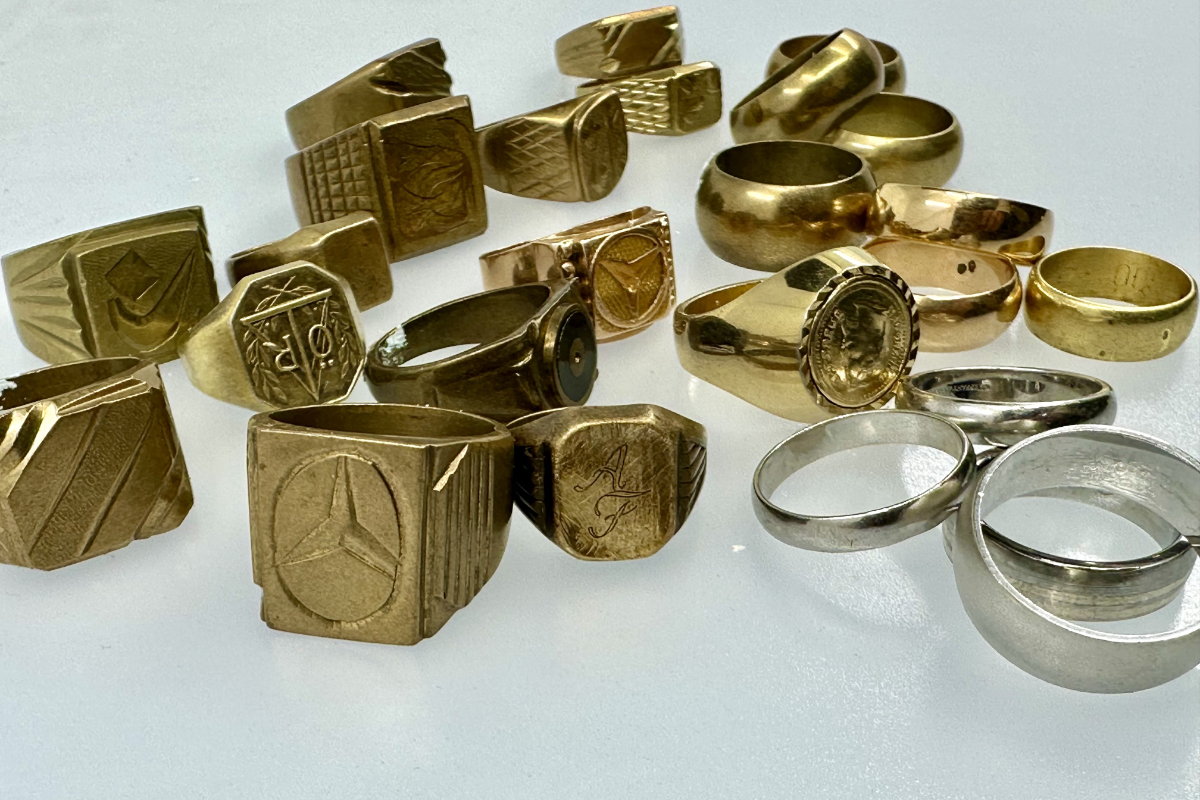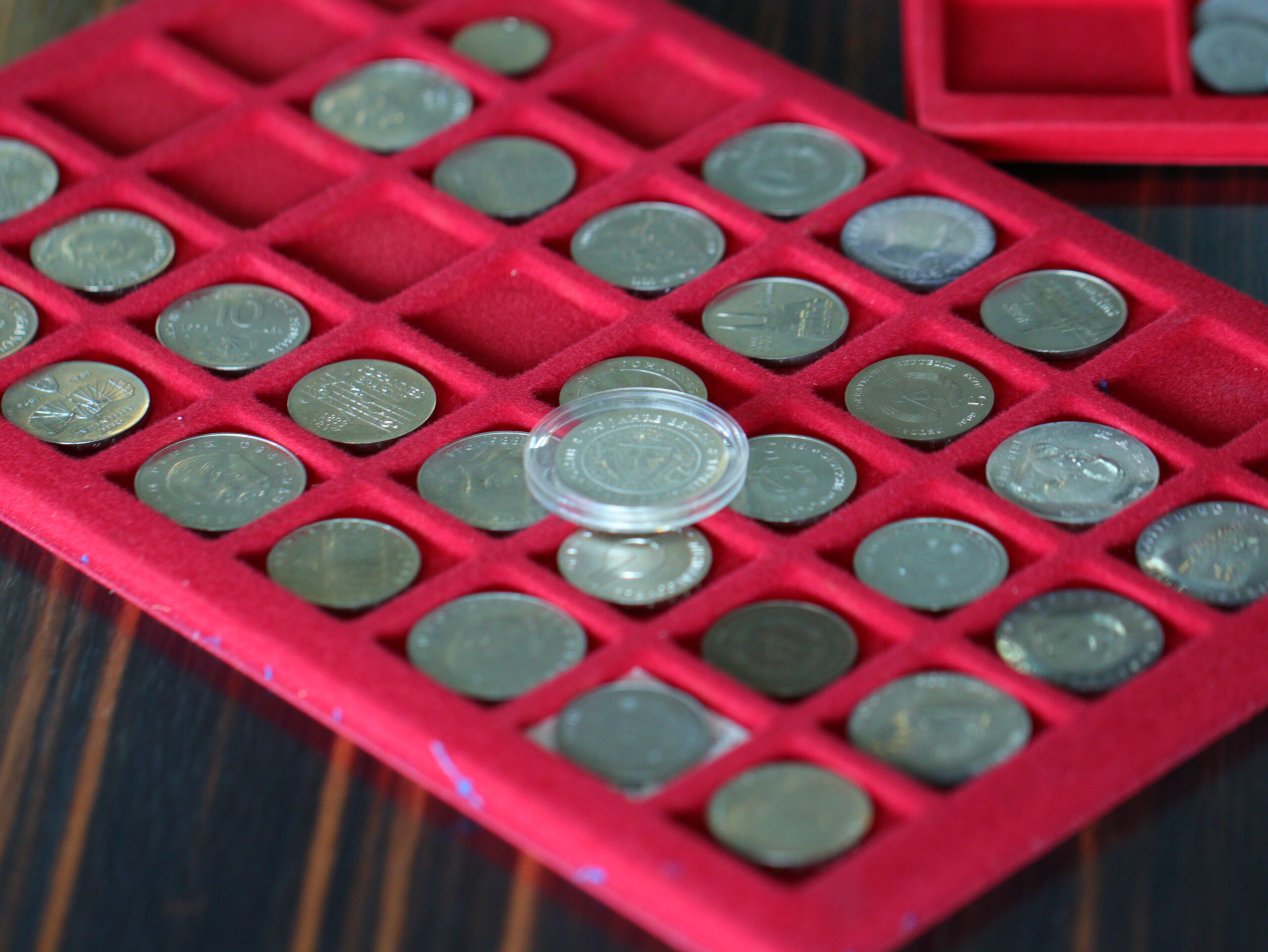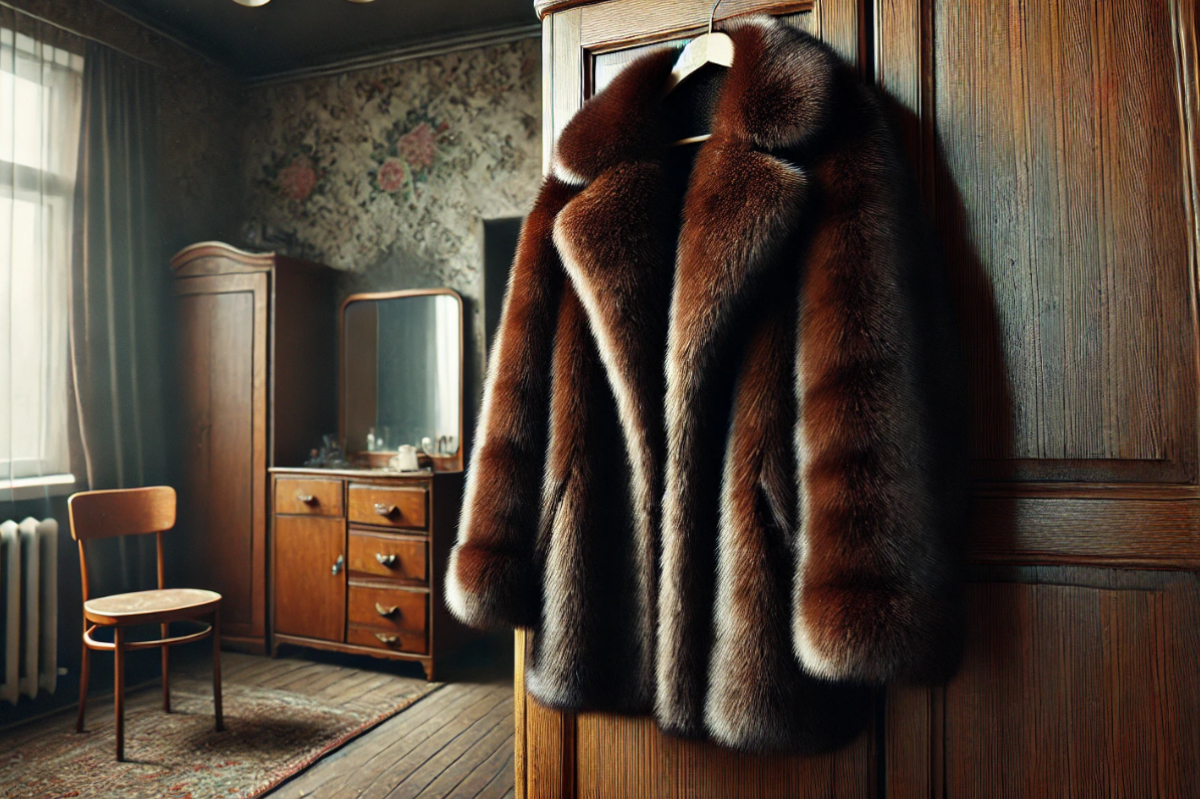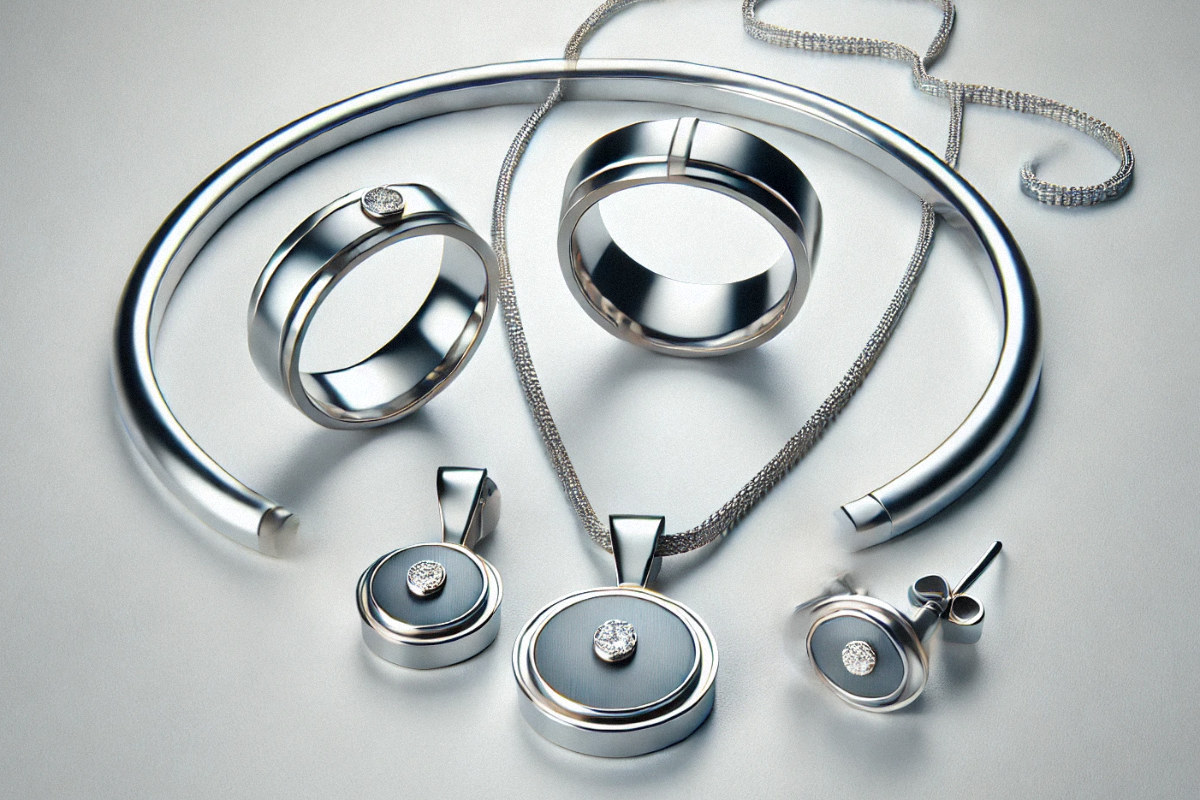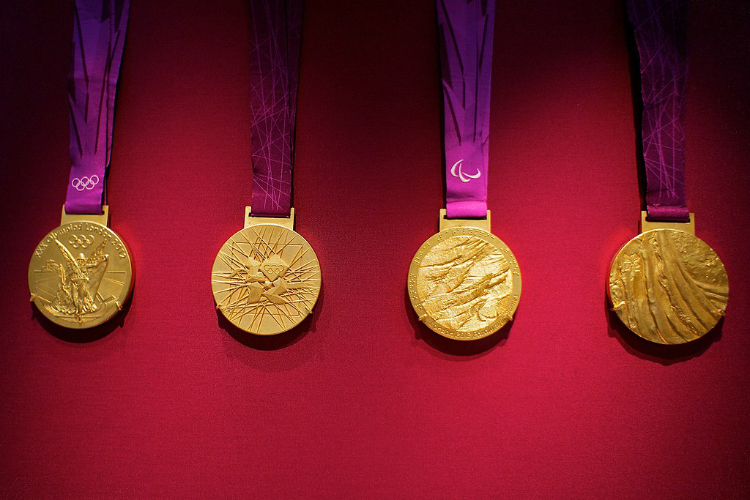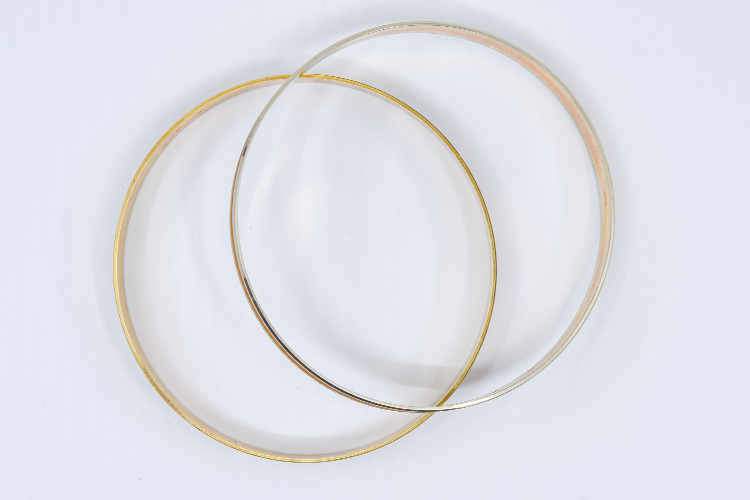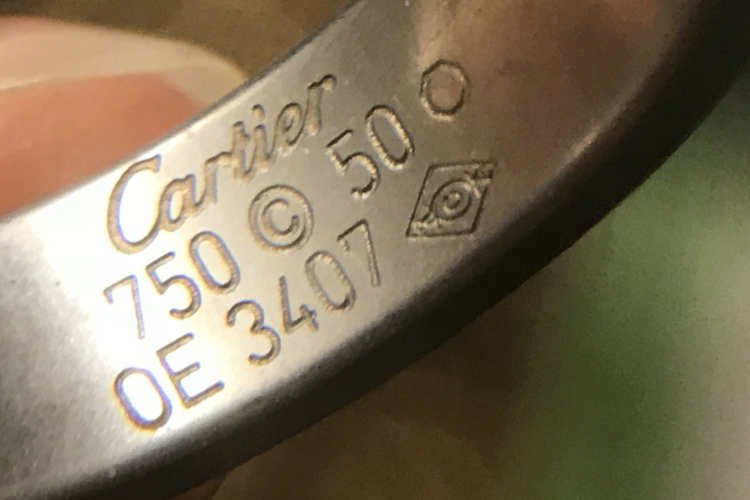
The carat or karat number is traditionally used to indicate the fineness of gold.
Pure gold is extremely soft and therefore not suitable for making jewelry, for example. To make the gold more dimensionally stable and scratch-resistant, it is mixed with other precious metals such as copper or silver. The karat number provides information about the pure gold content of a coin or piece of jewelry and is therefore a decisive criterion when evaluating a piece of gold.
The unit of measurement carat has been used for thousands of years to measure gold and indicates the gold content of an alloy in 1/24 parts. So pure gold is 24 carat - it has 24/24 parts gold by weight. In contrast, 1-carat gold consists of only 1/24 pure gold, which corresponds to only about 4.167%.
The specification of a carat number as the fineness is still common for gold jewelry and watches, but the alternative specification of the fineness of the gold alloy in parts per thousand is also often found. A piece with 14/24 parts by weight of pure gold can therefore be hallmarked as 14 carat gold as well as 585 (585/1000 parts) gold.
However, carat should not be confused with carat. The metric carat is the unit of measurement for diamonds and other precious stones: 1 carat corresponds to a weight of 0.2 grams. The weight of gold and other precious metals, on the other hand, is given in troy ounces.
Gold carat table
| Carat | Designation | Gold content (percent) |
| 0.7 carat | gold-plated 30 | < 3 % |
| 2.4 carat | Duble/gold filled 100 | 10 % |
| 6 carat | Gold 250 | 25 % |
| 8 carat | Gold 333 | 33,3 % |
| 9 carat | Gold 375 | 37,5 % |
| 12 carat | Gold 500 | 50 % |
| 14 carat | Gold 585 | 58,5 % |
| 18 carat | Gold 750 | 75 % |
| 20 carat | Gold 833 | 83,3 % |
| 21 carat | Gold 875 | 87,5 % |
| 21.6 carat | Gold 900/coin gold | 90 % |
| 22 carat | Gold 917 | 91,7 % |
| 23 carat | Gold 950 | 95 % |
| 23.6 carat | Gold 986 (e.g. ducats) | 98,6 % |
| 24 carat | Gold 999/Fine gold | 99,99 % |
How do you recognize the carat number?
Valuable works of art, fine jewelry and status symbols have always been made of gold. To make it easier to value the various objects when selling them, for example, they are usually stamped with a hallmark - the so-called "repunch". This indicates the different carat values worldwide in the same form. These stamps usually use the abbreviation "kt" for the term "carat". As the international spelling is "carat", the abbreviation "C" is also possible, which is mainly found on wristwatches and other watches made of gold.
Examples of square numbers
The highest value that gold can have is 24 carat. This is pure gold, also known as "fine gold", with a gold content of 99.9 %. Fine gold is mainly used for investment gold, i.e. coins, bars or medals. Coin gold also often has a gold content of 21.6 carats.
In Austria, jewelry is usually made of 14 carat gold (585 gold), which corresponds to a gold content of 58.5%. If you go further south - for example to Italy - you will often find pieces of jewelry made with 750 gold, i.e. the gold content is 75%, which corresponds to 18 carats.
333 gold is 8 carat; the gold content of the alloy is then only 33.3%. In Austria, jewelry containing less than 9 carat gold may no longer be sold as gold jewelry according to the hallmarking law.
How is the value of gold jewelry calculated?
The price of gold jewelry is calculated according to carat(stamp or hallmark = carat number), weight and the current gold rate. The higher the gold content of a piece, the more money it is worth. If you would like to sell your old gold jewelry, use our practical gold price calculator to calculate the value of your pieces at the current gold price!

